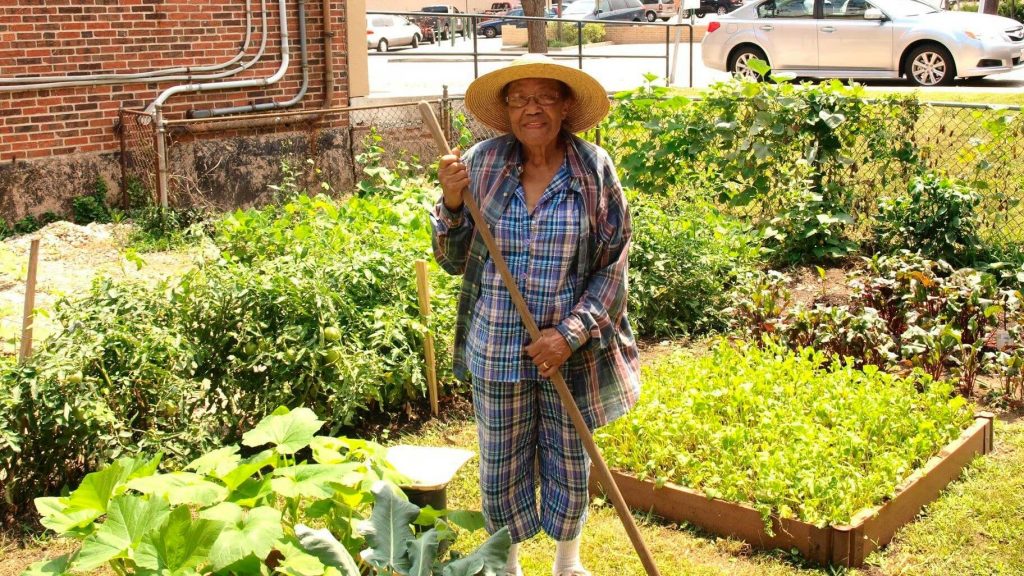A pastor in Baltimore is helping undernourished communities across the U.S. grow their own fresh vegetables.
With one in three Baltimoreons suffering from obesity, and 12 percent diagnosed with type 2 diabetes, Rev. Heber Brown III knew he had to do something to help people live healthier lives. Black residents, in particular, suffer from diet-related health conditions, with 34 percent living in food deserts.
To help combat these statistics, Brown started a community garden – growing everything from squash to kale – outside his own church, Pleasant Hope Baptist. Its a move that could be life-changing for some member of the congregation; studies have revealed that by eating vegetable-rich plant-based diets, it’s possible that obesity and diabetes can be reversed.
In 2015 – after witnessing the hugely positive impact of the garden – Brown took things a step further, launching the Black Church Food Security Network.
“Spirituality and agriculture have a deep relationship that is outlined in sacred scripture and that is practiced in weekly gatherings in worship spaces, and so I have no problem getting people to buy into this vision,” Brown told Washington Top News.
https://www.facebook.com/BlackChurchFSN/photos/a.605299979572499/1576262602476227/?type=3&theater
The network aims to empower Black churches to help members of the congregation to eat fresh and healthy vegetables; It helps them to utilize spaces they already have to start their own community gardens and links them with local Black-owned farms, creating a sustainable, community-focused food system.
The network has ten participating churches in Baltimore, but it has also linked with congregations and farms in North Carolina, Virginia, and Washington D.C.
“We have people contacting us from all over – different religions, different parts of the city. The phone is always ringing, the emails are always coming in from churches saying, ‘Hey, we want in,'” Brown said.
“They see it as important, they recognize that farmers markets are great, but there are gaps that farmers markets are not filling, and African American farmers, in particular, have unique struggles,” he added.
The 38-year-old pastor hopes that one day the Black Church Food Security Network will transform the lives of undernourished African Americans, with every Black church in the country supporting their congregations with fresh healthy vegetables.
“If we are strategic in being courageous subversives for each other,” he said, “then I think the world that our children will inherit will be better than the one that we’re in right now.”
Image Credit: The Black Food Security Network



